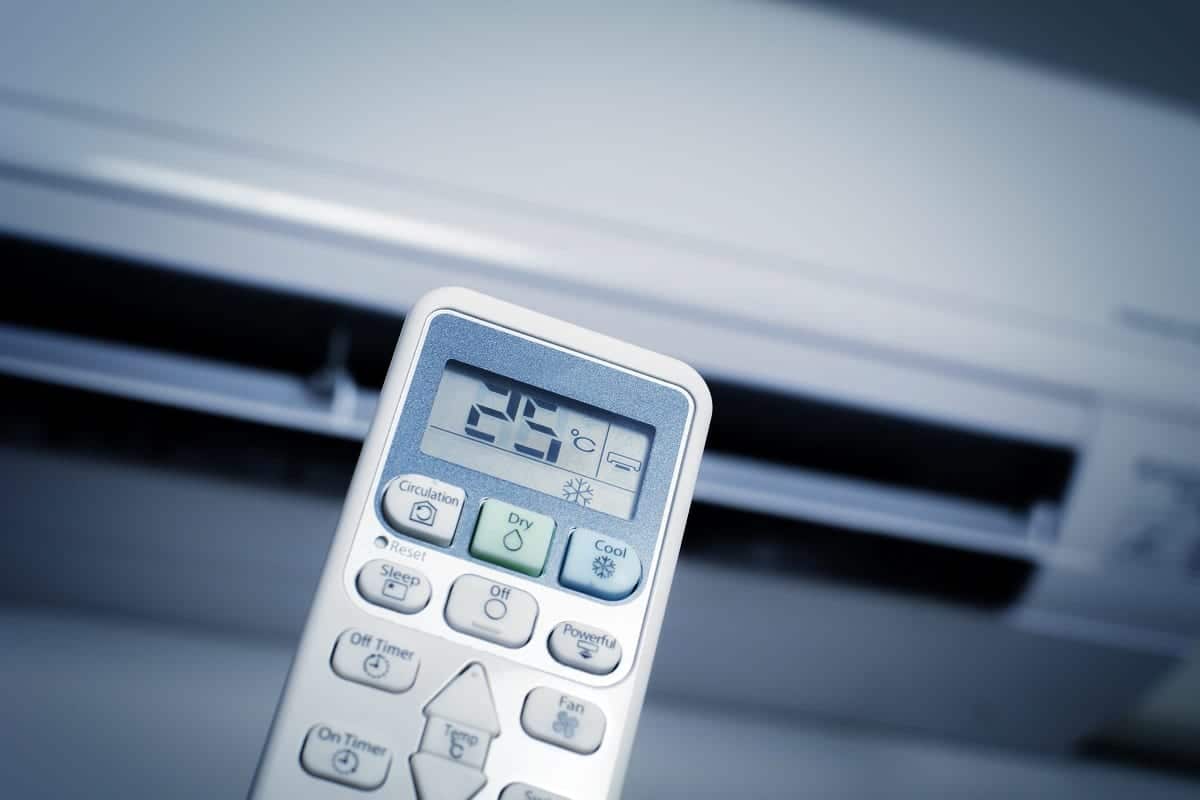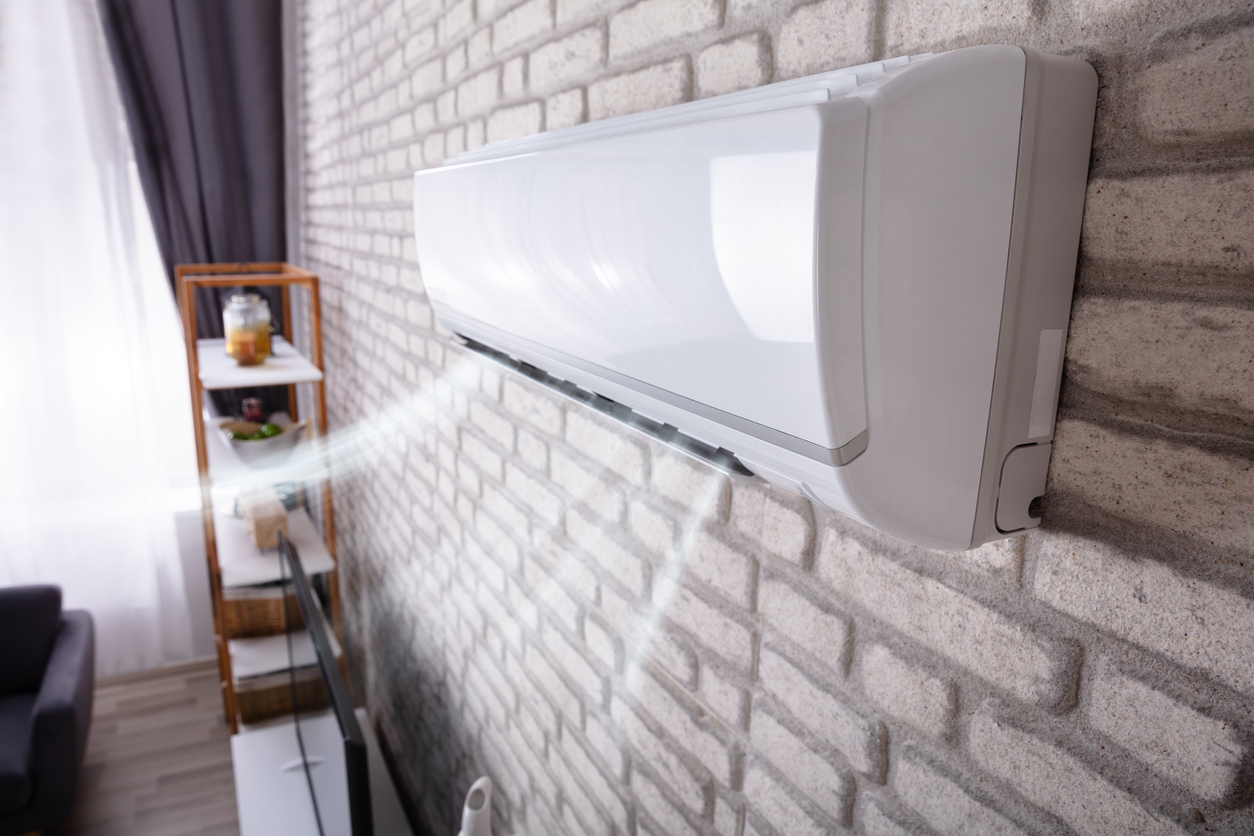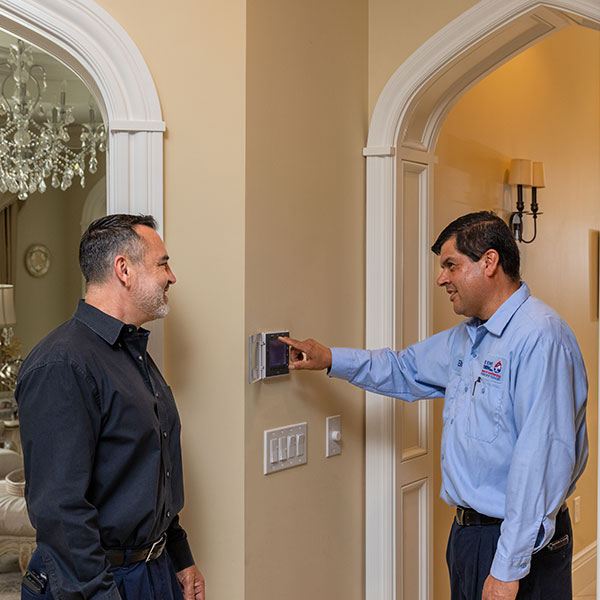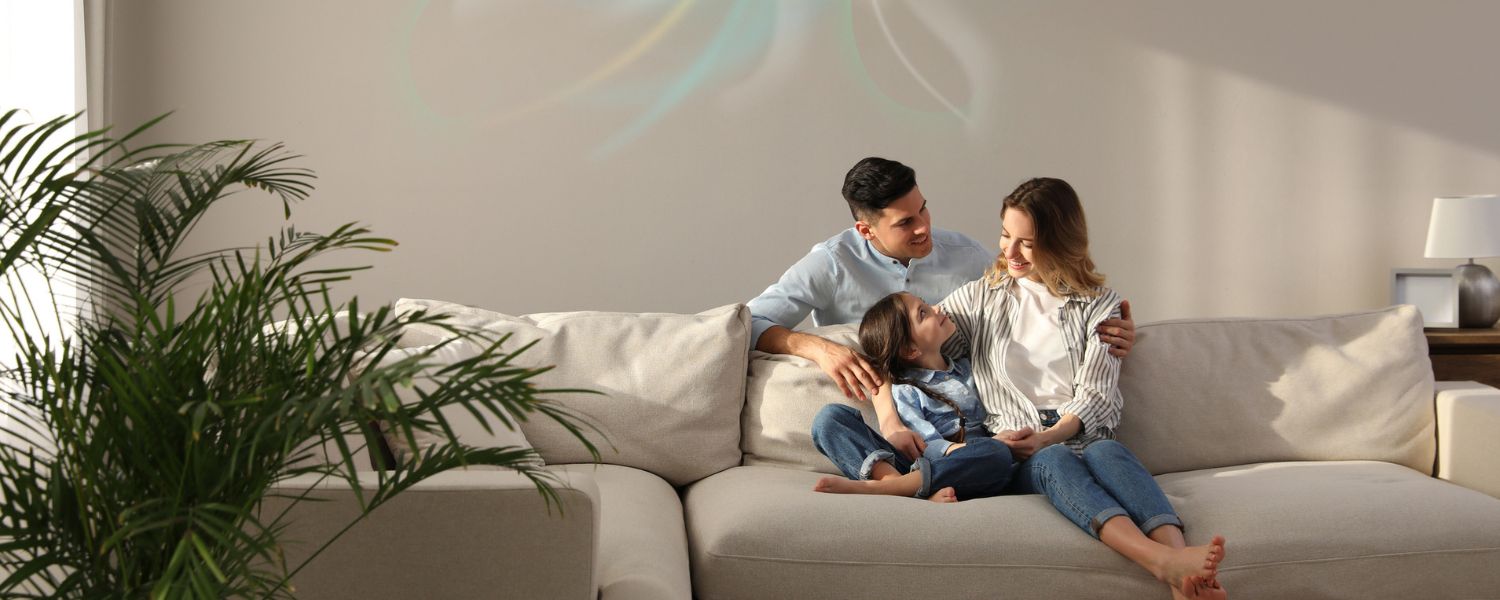How to Choose a Furnace for a Small Space
Living in a small home or apartment? Choosing the right heating system is essential for comfort and efficiency. With so many different types of heaters, selecting the perfect furnace for a small space can seem overwhelming. There are specific factors to consider, like how much space you have in your home and energy efficiency.
Of course, you also want to choose the best apartment or small house furnace that meets your heating requirements. Consult with a Bill Howe heating expert to make an informed decision with some industry insight and research!
Why Choosing the Right Small House Furnace Matters
When it comes to heating a small space, size matters. If you have an oversized furnace, you can heat your home quickly, which is great. However, it can lead to uneven heating, constant cycling, and wasted energy. If you go with a small gas furnace for your apartment or small house, it may struggle to keep your home warm, with some rooms left cold, all while putting a strain on your furnace.
Here are some issues you can face if the furnace is too small:
- Long cycle runs
- Uneven heat throughout your home
- Higher than usual energy bill
- Furnace breaks down often
Here are some common problems if the furnace is too big:
- Some rooms will be hotter than others
- Will only operate for a limited amount of time
- Shorter lifespan
- Constant on/off uses more energy
Key Factors: Furnaces For Small Spaces
When choosing a furnace for a small space, you’ll want to remember these key points:
Square footage of your space: You’ll want to determine the appropriate BTU output needed. To do this, calculate the square footage of your space. The recommended BTUs per square foot are 30 to 60, but climate affects the number of BTUs that we’ll cover next.
Climate: San Diego County runs from 35-40 BTUs for Zone 2 coastal and inland (warm) areas to 30-35 BTUs per square foot for Zone 1 desert (hot) areas. Most San Diegans live in Zone 2, so look for a small house furnace with 35-40 BTUs per square foot.
Level of insulation in your home: Is your small house or apartment well insulated? Insulation helps maintain heat in your home, so consider adding good insulation if your place doesn’t already have it.
Furnace type: Consider high-efficiency furnaces for small homes. Zone heating systems are an excellent option because you can better control the heat in your small space (you use a thermostat to control the temperature in each zone).
Best Furnaces for Small Spaces
Now that we have covered some essentials, let’s discuss the best furnace for small spaces. There are lots to choose from, like small gas furnaces for apartments and old-school heaters that use wood (fireplaces). You can purchase some units at your local store, while an HVAC professional should install others. Some heating systems, like an electric furnace, are not ideal for use in a small space due to their high energy consumption.
Mini-Split Heating and Air Conditioning Units
A mini-split HVAC system is one of the best options for heating a small home or apartment. A mini-split system doesn’t require ductwork. This type of heating system has an outdoor compressor and one or more indoor units, which are usually wall-mounted. Many people like these types because you can control the temperature in individual rooms.
Electric Wall Heaters
Electric wall heaters are installed directly on your wall, so they’re a space-saving way to bring heat to individual rooms. Electric wall furnaces can be easy to install in smaller areas.
Portable Space Heaters
You can use a portable space heater to add warmth to a bedroom or living room when your heating system needs a boost. Space heaters are an ideal option, especially if your current heating system is outdated.
Radiant Floor Heating
Radiant floor heaters have heating elements installed under the floor. As the name implies, it heats your room by warming the floor and radiating the heat upward.
Fireplaces (Wood and Gas)
A good old wood and gas fireplace can also bring much-needed warmth to rooms. Fireplaces can create a nice ambiance in your room. If the electricity goes out, you can always fire up the fireplace for light and heat.
Energy-Efficiency Tips for Heating Small Spaces
Whether you have the smallest gas furnace you’ve ever seen or a mini-split system, there’s always room to save money on your utility bills. Being energy efficient is the key. Here are some energy-efficient tips for heating small spaces:
Seal air leaks: You can prevent drafts and heat loss by caulking and sealing air leaks around windows and doors.
Use a smart thermostat: You can set a smart thermostat to adjust temperature based on your schedule automatically.
Schedule furnace tune-ups: Regular tune-ups include cleaning air filters regularly. They’re also an excellent way to ensure your heating system is in top shape.
Maintenance and Care for a Small House Furnace
With regular maintenance, you can ensure that your small space heating system keeps your home warm throughout the cooler months. Here are some tips:
- If your small house furnace has a filter, have it checked and replaced regularly.
- Wiping down the exterior of an electric space heater removes dust and debris.
- Schedule a professional annual inspection if you have a gas or oil-powered space heater.
- Heaters that are plugged in should be unplugged when not in use.
- Set the thermostat to a comfortable setting (avoid extreme settings).
- If you notice unusual smells or sounds or the unit is overheating, turn it off and contact a professional.
Call Us for a Professional Assessment
Bill Howe’s team of experts will gladly give you professional advice on how to get the best furnace for small spaces.




